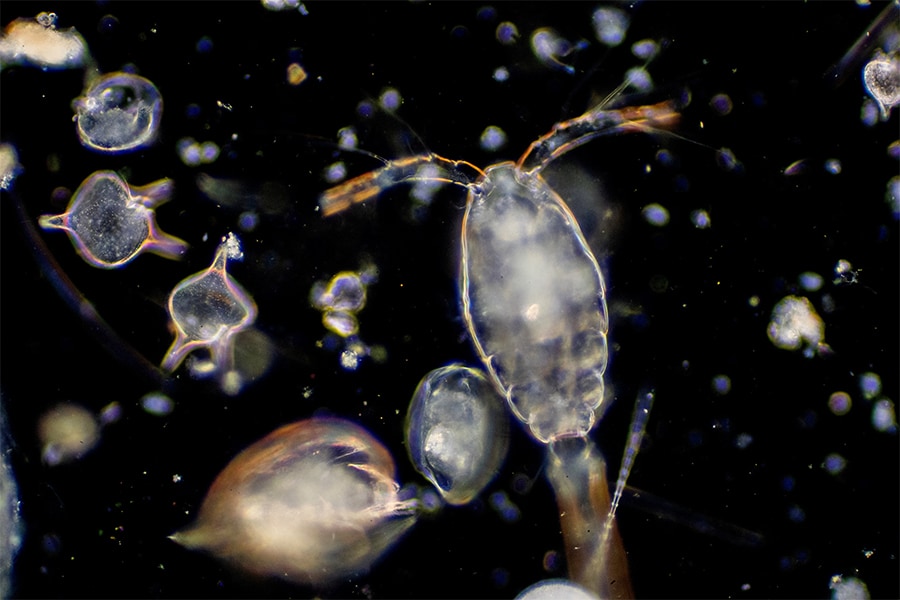
Marine RNA viruses could play a key role in fighting global warming
Some newly discovered viral species could help slow down climate change by storing carbon on the seafloor
 Some newly discovered viral species could help slow down climate change by storing carbon on the seafloor.
Image: tonaquatic / Getty Images
Some newly discovered viral species could help slow down climate change by storing carbon on the seafloor.
Image: tonaquatic / Getty Images
Ocean waters are home to a huge array of RNA virus species, and incredibly, some of them may in fact help store carbon on the ocean floor.
This surprising discovery was made by American scientists from Ohio State University who published their findings in the journal Science. The researchers conducted an in-depth analysis of no less than 5,500 marine RNA virus species.
By closely observing their genes and functions in the ocean ecosystem, the authors of the work found that these tiny particles could contribute to the absorption of carbon from the atmosphere and its long-term storage on the ocean floor.
According to the researchers, these viruses "could tune toward a more digestible carbon, which allows the system to grow, produce bigger and bigger cells, and sink. And if it sinks, we gain another few hundred or a thousand years from the worst effects of climate change," says scientist Matthew Sullivan, who led the study.
The authors of the work developed computational techniques to obtain information about RNA virus functions and hosts from genome fragments. Further analysis identified 1,243 species of RNA viruses related to carbon export. Eleven of these appeared to play a role in driving carbon export towards the seafloor. Two of these viruses with hosts in the algae family were singled out.







